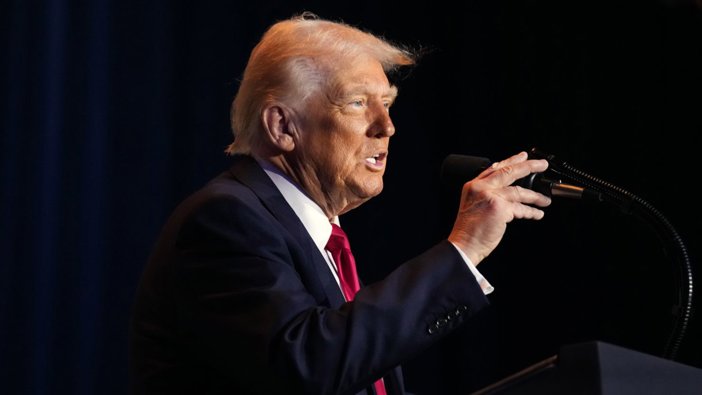
Senate GOP Divided on Trump’s Spending Cuts
Senate Republicans clash over Trump’s $9.4 billion spending cuts to USAID and public broadcasting amid growing dissent.
Senate Republicans Weigh Trump’s Rescissions Plan
A sharp debate has emerged within the Senate Republican ranks as President Donald Trump’s $9.4 billion spending cut proposal faces resistance from some key members. The rescissions package, designed to trim $8.3 billion from the U.S. Agency for International Development (USAID) and over $1 billion from the Corporation for Public Broadcasting (CPB), is being scrutinized as lawmakers consider its potential impact on public health and information access.
Trump’s push for budget clawbacks is part of a broader effort led by the Department of Government Efficiency (DOGE), a department praised by much of the party for targeting government waste and fraud. Yet concerns have surfaced, especially regarding cuts to the President’s Emergency Plan for AIDS Relief (PEPFAR) and funding for public broadcasting that supports rural and Native American communities.
Amendments and Leadership Negotiations
Several Republican senators, including Susan Collins of Maine, Mike Rounds of South Dakota, and Lisa Murkowski of Alaska, have gone public with their misgivings. Murkowski voiced strong support for public broadcasting and critical health programs, while Collins highlighted concerns about reductions to PEPFAR during recent hearings. Rounds warned that cutting rural radio could harm Native American populations’ access to vital information.
To address growing dissent, Senate leaders are preparing for a marathon amendment session—just weeks after a lengthy debate on Trump’s previous “big, beautiful bill.” Senate Majority Leader John Thune indicated that the package would be brought to the floor soon, likely ahead of the looming Friday deadline for lawmakers to act.
Senator Markwayne Mullin of Oklahoma described ongoing efforts to negotiate with party members and resolve objections ahead of the anticipated “vote-a-rama” amendment process. “The point is, once we get to the vote-a-rama, we want to have as many issues resolved so we know where we’re at on the floor without any surprises,” Mullin said. “I think we got a good picture of where we’re at right now.”
Any amendments to the bill would require another vote in the House of Representatives before it could be sent to the president’s desk for signature.
Calls for Fiscal Discipline and Debate on Priorities
Not all senators oppose the measure. Senator John Kennedy of Louisiana expressed willingness to support changes he agrees with but challenged his colleagues to stand by the party’s principles of fiscal responsibility. “This is gut check time for our Republican colleagues,” Kennedy declared. “They either believe in reducing spending or they don’t. They either believe in spending porn or they don’t.”
As Senate Republicans navigate internal divisions and the pressure of budget deadlines, the outcome of Trump’s proposed spending cuts will test the party’s unity and its commitment to conservative fiscal policy. The debate also spotlights the ongoing struggle to balance government efficiency with the need to fund vital programs at home and abroad.






